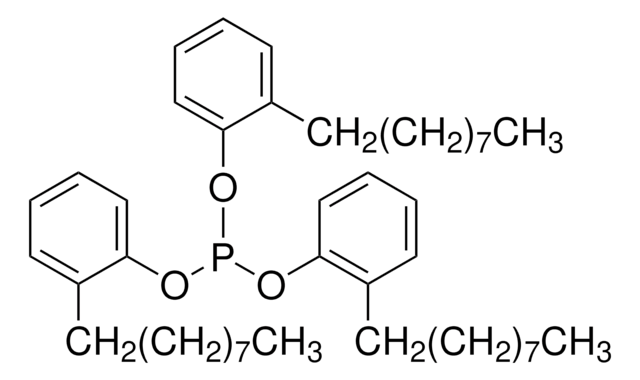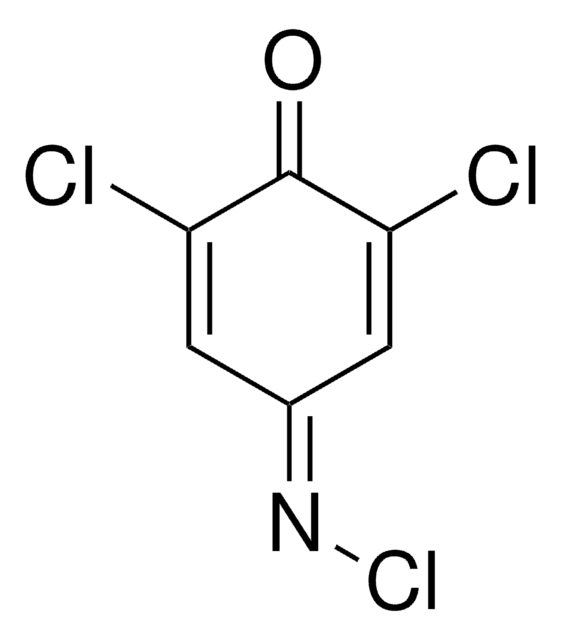85630
Squalane
technical, ≥90% (GC)
Synonym(s):
2,6,10,15,19,23-Hexamethyltetracosane, Cosbiol, Perhydrosqualene, Robane
About This Item
Recommended Products
grade
technical
Quality Level
Assay
≥90% (GC)
form
liquid
refractive index
n20/D 1.452 (lit.)
n20/D 1.452
bp
176 °C/0.05 mmHg (lit.)
mp
−38 °C (lit.)
density
0.81 g/mL at 25 °C (lit.)
SMILES string
CC(C)CCCC(C)CCCC(C)CCCCC(C)CCCC(C)CCCC(C)C
InChI
1S/C30H62/c1-25(2)15-11-19-29(7)23-13-21-27(5)17-9-10-18-28(6)22-14-24-30(8)20-12-16-26(3)4/h25-30H,9-24H2,1-8H3
InChI key
PRAKJMSDJKAYCZ-UHFFFAOYSA-N
Looking for similar products? Visit Product Comparison Guide
General description
Application
- Thixotropic Molecular Oleogels: Squalane is utilized in the development of thixotropic molecular oleogels with alkylanilide gelators, enhancing the material′s stability and usability in various pharmaceutical and cosmetic applications (Ohsedo, 2023).
- Mucoadhesive Pickering Nanoemulsions: This compound supports the creation of mucoadhesive Pickering nanoemulsions that leverage dynamic covalent chemistry, offering advanced delivery mechanisms for active ingredients in pharmaceutical formulations (Smallridge et al., 2023).
- Enhancement of Rheological Properties: Squalane is applied in studying the rheological properties of small-molecular liquids at high shear strain rates, which is crucial for improving the processing and application of consumer products (Jadhao, 2023).
- Stabilization of Emulsion Systems: It is also used in emulsion systems as part of a sucrose fatty acid ester-mixed emulsifier, enhancing the stability and performance of food products and cosmetics (Hu et al., 2023).
- Thermophysical Properties of Alkanes: Research includes the comparison of force fields for predicting the thermophysical properties of long linear and branched alkanes, with squalane serving as a key example in these studies, important for chemical engineering and material science (Stephan et al., 2023).
Storage Class Code
10 - Combustible liquids
WGK
WGK 1
Flash Point(F)
424.4 °F - closed cup
Flash Point(C)
218 °C - closed cup
Personal Protective Equipment
Choose from one of the most recent versions:
Already Own This Product?
Find documentation for the products that you have recently purchased in the Document Library.
Customers Also Viewed
Our team of scientists has experience in all areas of research including Life Science, Material Science, Chemical Synthesis, Chromatography, Analytical and many others.
Contact Technical Service










